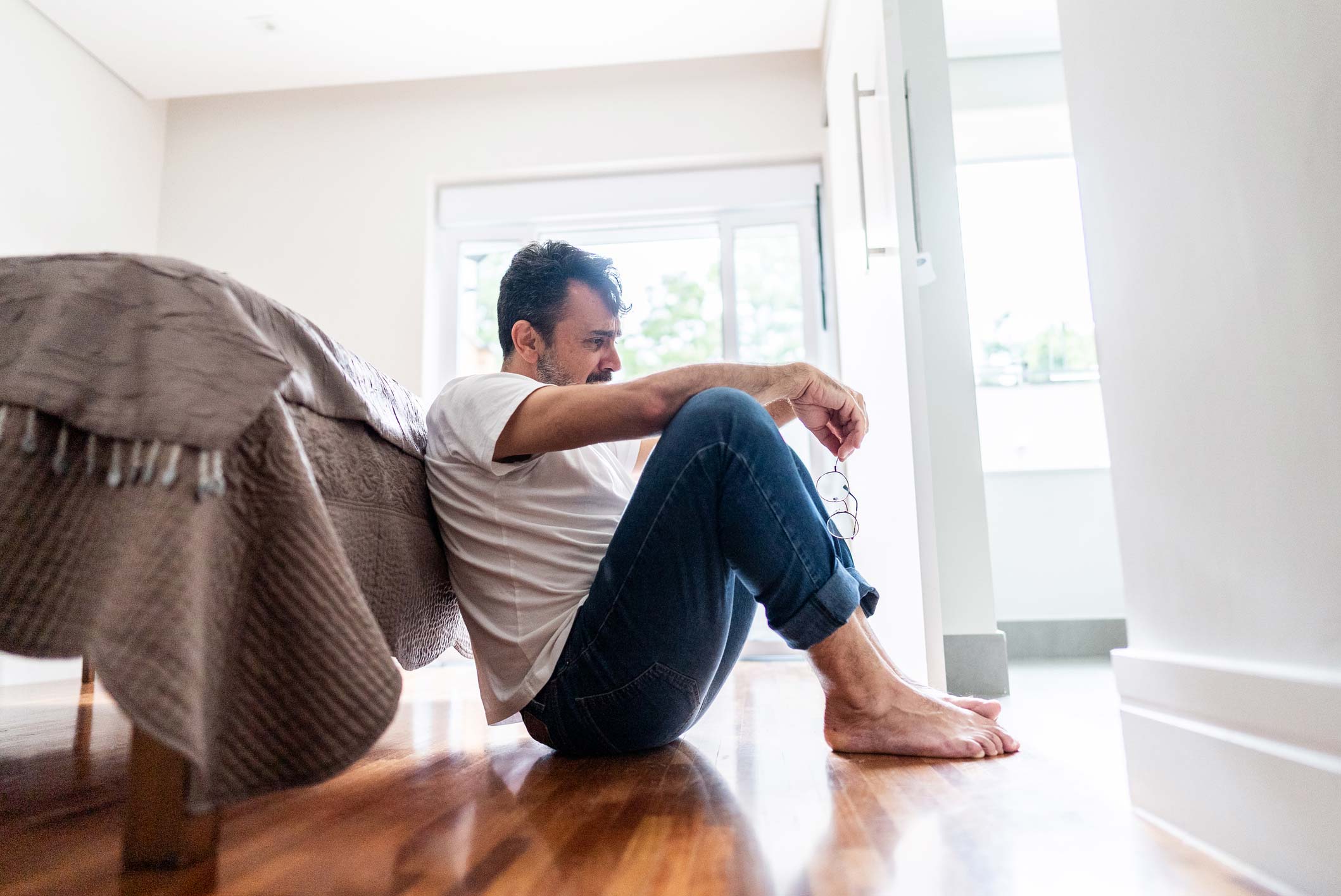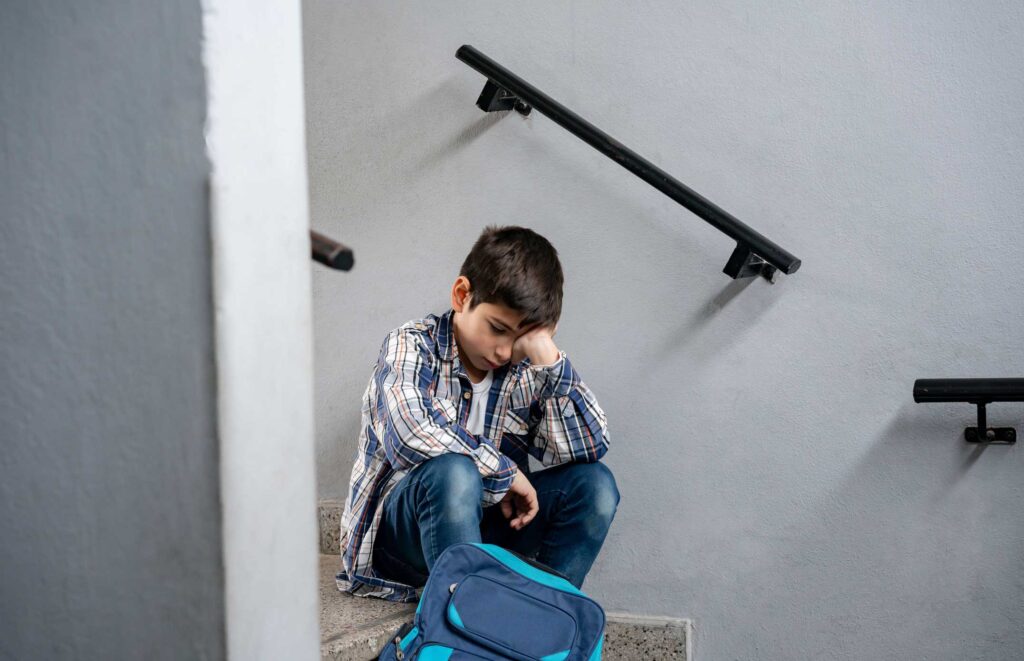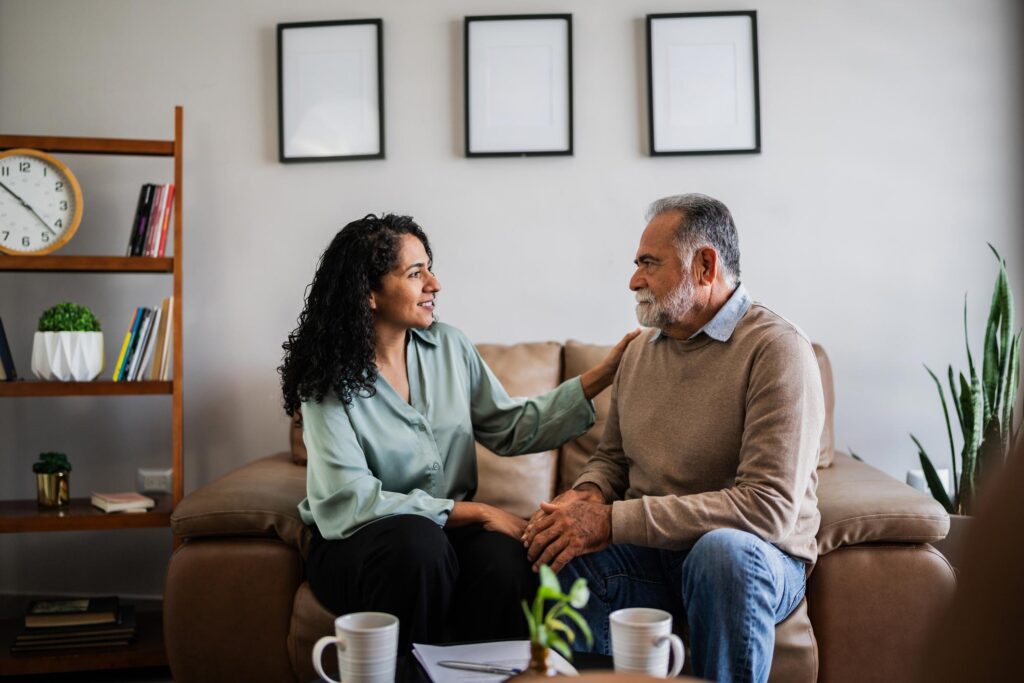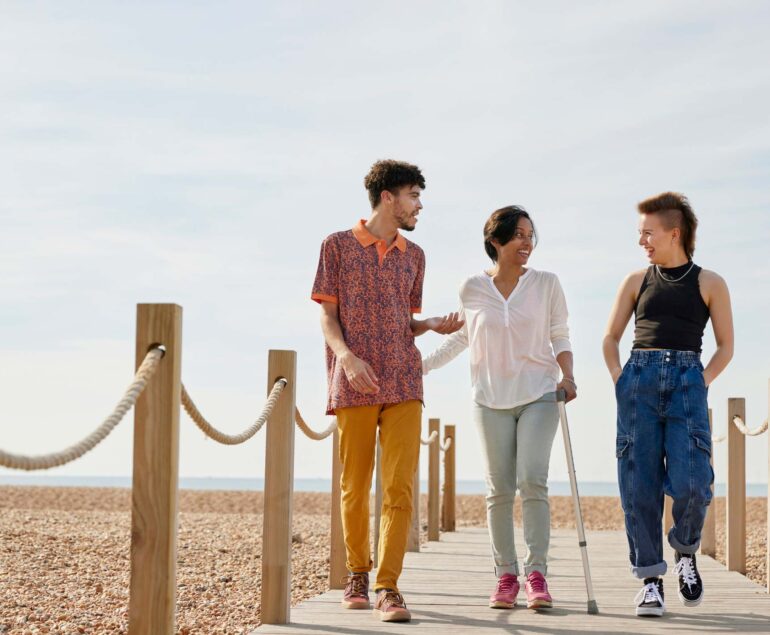Facing PTSD Together Across Generations
Post-Traumatic Stress Disorder (PTSD) can impact anyone—children coping with trauma, adults balancing life’s challenges, or aging parents revisiting difficult past experiences. The effects ripple through families, affecting emotional health and connection. In this post, we explore how PTSD touches different generations and how families can come together to offer care and understanding.
Recognizing PTSD in Children
Children may struggle to express trauma, showing signs through behavior instead. Nightmares, mood swings, or sudden withdrawal can be indicators.
Take Lily’s story with her 9-year-old son, Ben. After a car accident, Ben became anxious and avoided car rides. Lily noticed his distress and sought help. Through therapy and family support, Ben learned to manage his fears, while Lily and her family became his source of comfort and encouragement.
Living With PTSD as an Adult
Adults often carry the weight of past trauma while juggling responsibilities, leading to feelings of isolation or emotional numbness.
Mark, a 40-year-old firefighter, developed PTSD after years of responding to emergencies. He began to distance himself from his family, struggling to communicate his feelings. It wasn’t until his partner encouraged him to seek counseling that Mark found tools to cope. Opening up to his family brought them closer, allowing healing to begin.
Supporting Aging Parents With PTSD
PTSD can resurface in older adults due to past traumas or recent losses. Often, aging parents struggle in silence.
Sophie noticed her father, a war veteran, becoming more withdrawn after her mother passed. Old memories surfaced, leaving him anxious and isolated. Sophie made time for gentle conversations and involved her children in family activities, creating a safe space where her father felt seen and supported.
“PTSD may echo through generations, but with family by your side, healing is always possible.”
Building Family Connections
In each of these stories, the common thread is family. PTSD can make individuals feel alone, but the support of loved ones can be transformative.
Simple acts of understanding—listening without judgment, offering companionship, or encouraging professional help—can create pathways to healing. Whether it’s a child facing new fears, an adult navigating emotional struggles, or an aging parent revisiting old wounds, family support bridges the gap.
Moving Forward Together
PTSD may change how someone sees the world, but it doesn’t have to break family bonds. By fostering compassion and open dialogue, families can create a strong network of care.
If you or someone you love is navigating PTSD, know that you’re not alone. Reach out to supportive communities and professionals. Healing is a journey best taken together.







